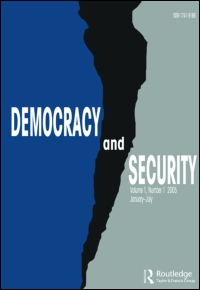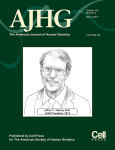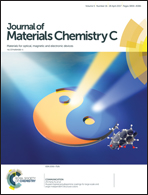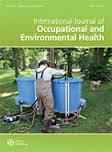 A diabetes journal has issued two notices of concern for papers co-authored by a researcher who took another publisher to court after it did the same thing — but ultimately lost.
A diabetes journal has issued two notices of concern for papers co-authored by a researcher who took another publisher to court after it did the same thing — but ultimately lost.
The notices are for two papers co-authored by Mario Saad — who, after losing his legal battle with the American Diabetes Association, has since accumulated 12 retractions. Both notices — from the journal Diabetologia, published by Springer and the the European Association for the Study of Diabetes (EASD) — say they have alerted Saad to their concerns about some of the images in the papers, and the university where he is based was asked to investigate more than one year ago. Since the journal has not yet received any information from the University of Campinas in Brazil, however, it decided to issue expressions of concern for the two papers.
Here’s the text of the first notice:
 Chinese biomedical researchers estimate that 40% of research in their country has been affected in some way by misconduct,
Chinese biomedical researchers estimate that 40% of research in their country has been affected in some way by misconduct,  Could a scientific paper ever be considered an advertisement?
Could a scientific paper ever be considered an advertisement?
 In August, the U.S. Office of Research Integrity announced that a former postdoctoral fellow at the National Human Genome Research Institute (NHGRI)
In August, the U.S. Office of Research Integrity announced that a former postdoctoral fellow at the National Human Genome Research Institute (NHGRI) 


 A representative of Taylor & Francis has responded to concerns raised by former and current editorial board members of an occupational health journal, after the publisher took some significant actions without consulting the board.
A representative of Taylor & Francis has responded to concerns raised by former and current editorial board members of an occupational health journal, after the publisher took some significant actions without consulting the board.